Memo to the Media: Seymour Hersh’s bin Laden Story Isn’t About Seymour Hersh
How did the veteran journalist's recent investigation into how the Obama administration might not have shot straight with its account of how Osama bin Laden met his end in 2011 turn into another tedious attempt to shoot the messenger by certain members of the U.S. media?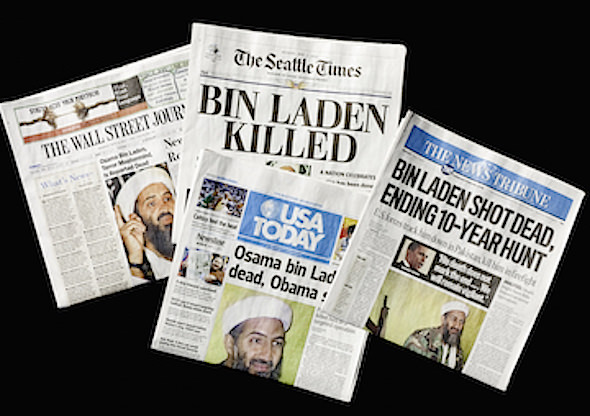 Shutterstock
Shutterstock
How did veteran journalist Seymour Hersh’s recent investigation into how the Obama administration might not have shot straight with its account of how Osama bin Laden met his end in 2011 turn into another tedious attempt to shoot the messenger by certain members of the U.S. media?
Let’s review, with some help from Trevor Timm, who didn’t mince words with either his headline — “The media’s reaction to Seymour Hersh’s bin Laden scoop has been disgraceful” — or his argument in his takedown posted over the weekend in the Columbia Journalism Review:
SEYMOUR HERSH HAS DONE THE PUBLIC a great service by breathing life into questions surrounding the official narrative of the raid that killed Osama bin Laden. Yet instead of trying to build off the details of his story, or to disprove his assertions with additional reporting, journalists have largely attempted to tear down the messenger.
Barrels of ink have been spilled ripping apart Hersh’s character, while barely any follow-up reporting has been done to corroborate or refute his claims—even though there’s no doubt that the Obama administration has repeatedly misinformed and misled the public about the incident. Even less attention has been paid to the little follow-up reporting that we did get, which revealed that the CIA likely lied about its role in finding bin Laden, which it used to justify torture to the public.
Hersh has attempted to force the media to ask questions about its role in covering a world-shaping event—but it’s clear the media has trouble asking such questions if the answers are not the ones they want to hear.
Hersh’s many critics, almost word-for-word, gave the same perfunctory two-sentence nod to his best-known achievements—breaking the My Lai massacre in 1969 (for which he won the Pulitzer) and exposing the Abu Ghraib torture scandal 35 years later—before going on to call him every name in the book: “conspiracy theorist,” “off the rails,” “crank.” Yet most of this criticism, over the thousands of words written about Hersh’s piece in the last week, has amounted to “That doesn’t make sense to me,” or “That’s not what government officials told me before,” or “How are we to believe his anonymous sources?”
Mark Ames also pursued a similar line of argument in his own piece published Thursday on Pando Daily:
Hersh has pissed off some very powerful people and institutions with this story, and that means the inevitable media pushback to discredit his reporting is already underway, with the attacks on Hersh led by Vox Media’s Max Fisher, CNN’s Peter Bergen, and even some on the left like Nation Institute reporter Matthieu Aikins. Yesterday Slate joined the pile-on, running a wildly entertaining, hostile interview with Hersh.
Such attacks by fellow journalists on a Sy Hersh bombshell are nothing new—in fact, he used to relish them, and probably still does. He got the same hostile reaction from his media colleagues when he broke his biggest story of his career: The 1974 exposé of the CIA’s massive, illegal domestic spying program, MH-CHAOS, which targeted tens, maybe hundreds of thousands of Americans, mostly antiwar and leftwing dissidents.
Hersh is better known today for his My Lai massacre and Abu Ghraib exposés, but it was his MH-CHAOS scoop, which the New York Times called “the son of Watergate,” that was his most consequential and controversial—from this one sensational exposé the entire intelligence apparatus was nearly taken down. Hersh’s exposés directly led to the famous Church Committee hearings into intelligence abuses, the Rockefeller Commission, and the less famous but more radical Pike Committee hearings in the House, which I wrote about in Pando last year. These hearings not only blew open all sorts of CIA abuses, assassination programs, drug programs and coups, but also massive intelligence failures and boondoggles.
As for a thorough response to Hersh’s actual reporting about the bin Laden story — read the piece in question, which he wrote for the London Review of Books, here — well, we’re still waiting for that.
–Posted by Kasia Anderson
Your support matters…Independent journalism is under threat and overshadowed by heavily funded mainstream media.
You can help level the playing field. Become a member.
Your tax-deductible contribution keeps us digging beneath the headlines to give you thought-provoking, investigative reporting and analysis that unearths what's really happening- without compromise.
Give today to support our courageous, independent journalists.
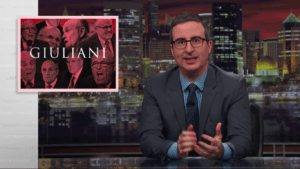
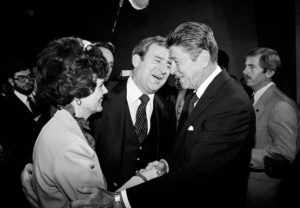
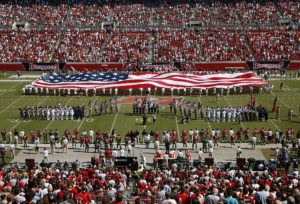
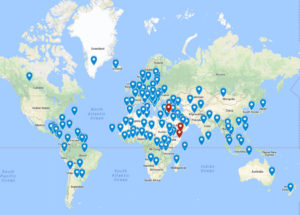
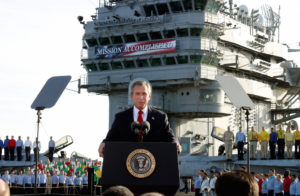
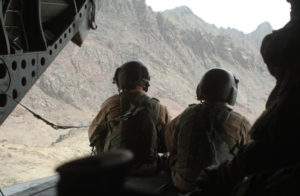


You need to be a supporter to comment.
There are currently no responses to this article.
Be the first to respond.